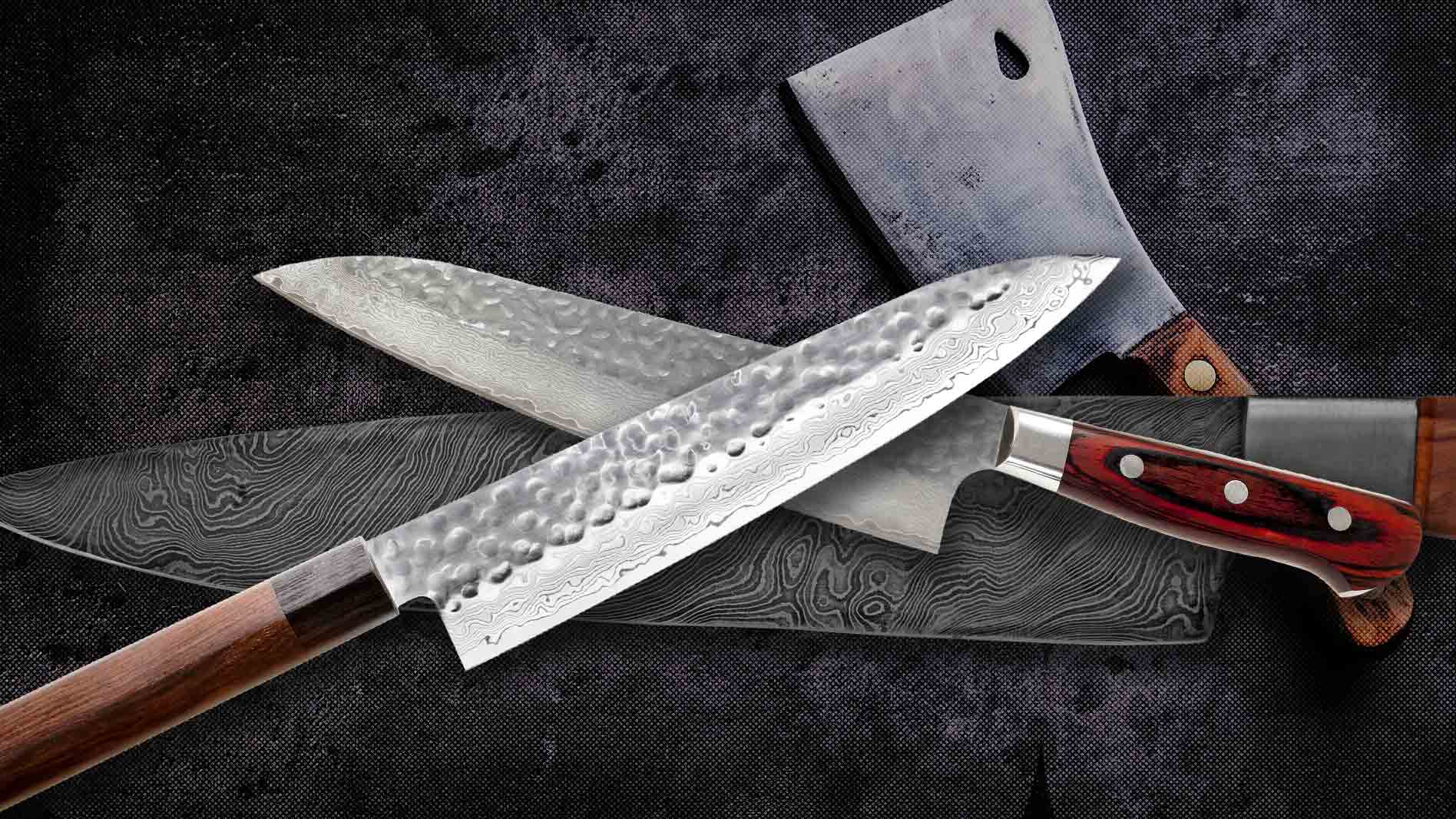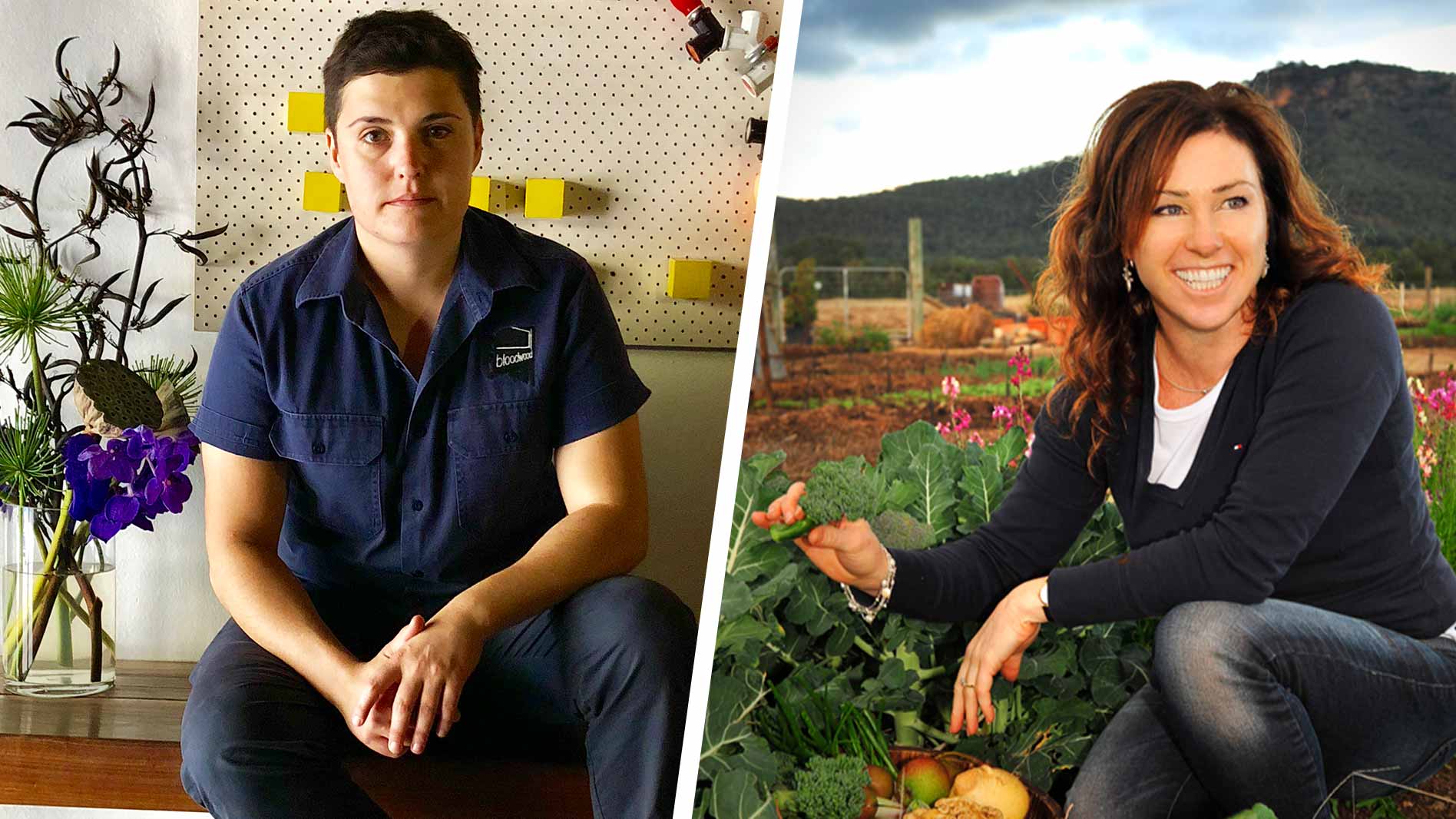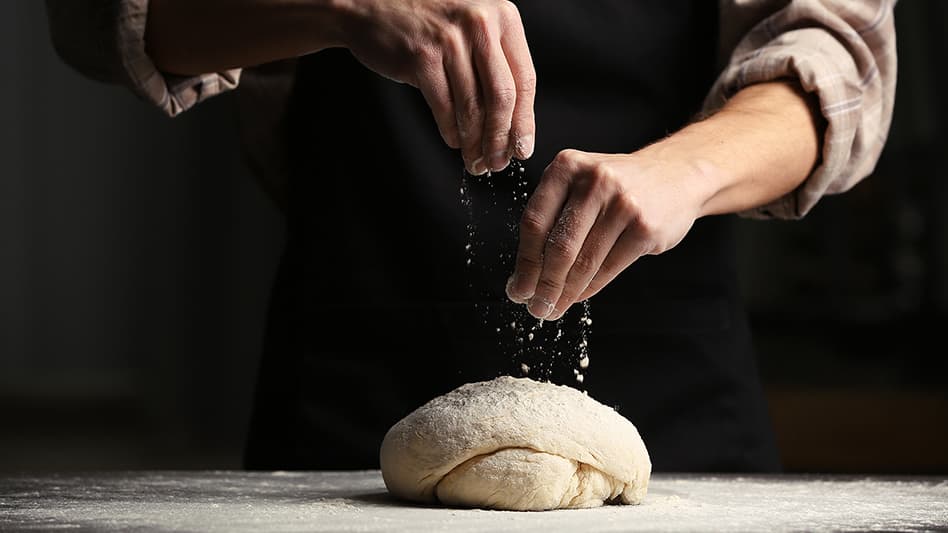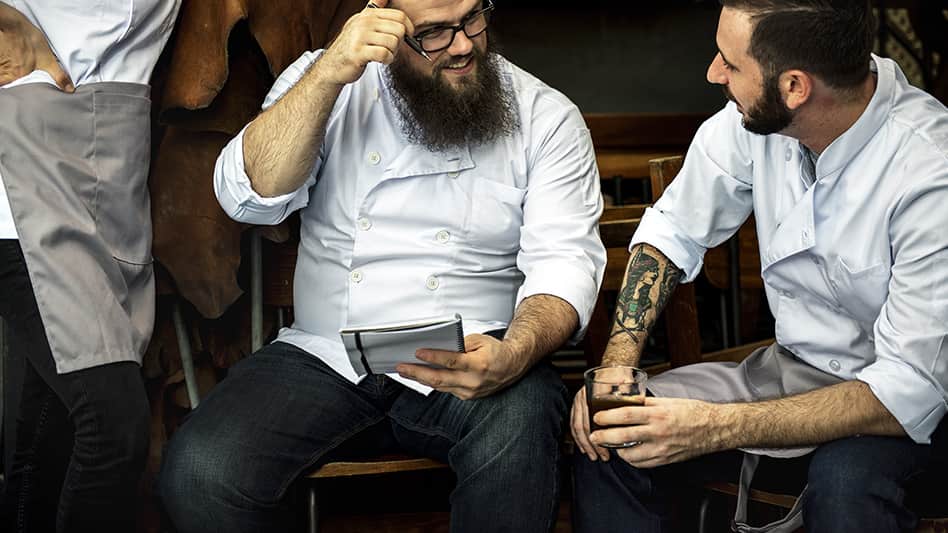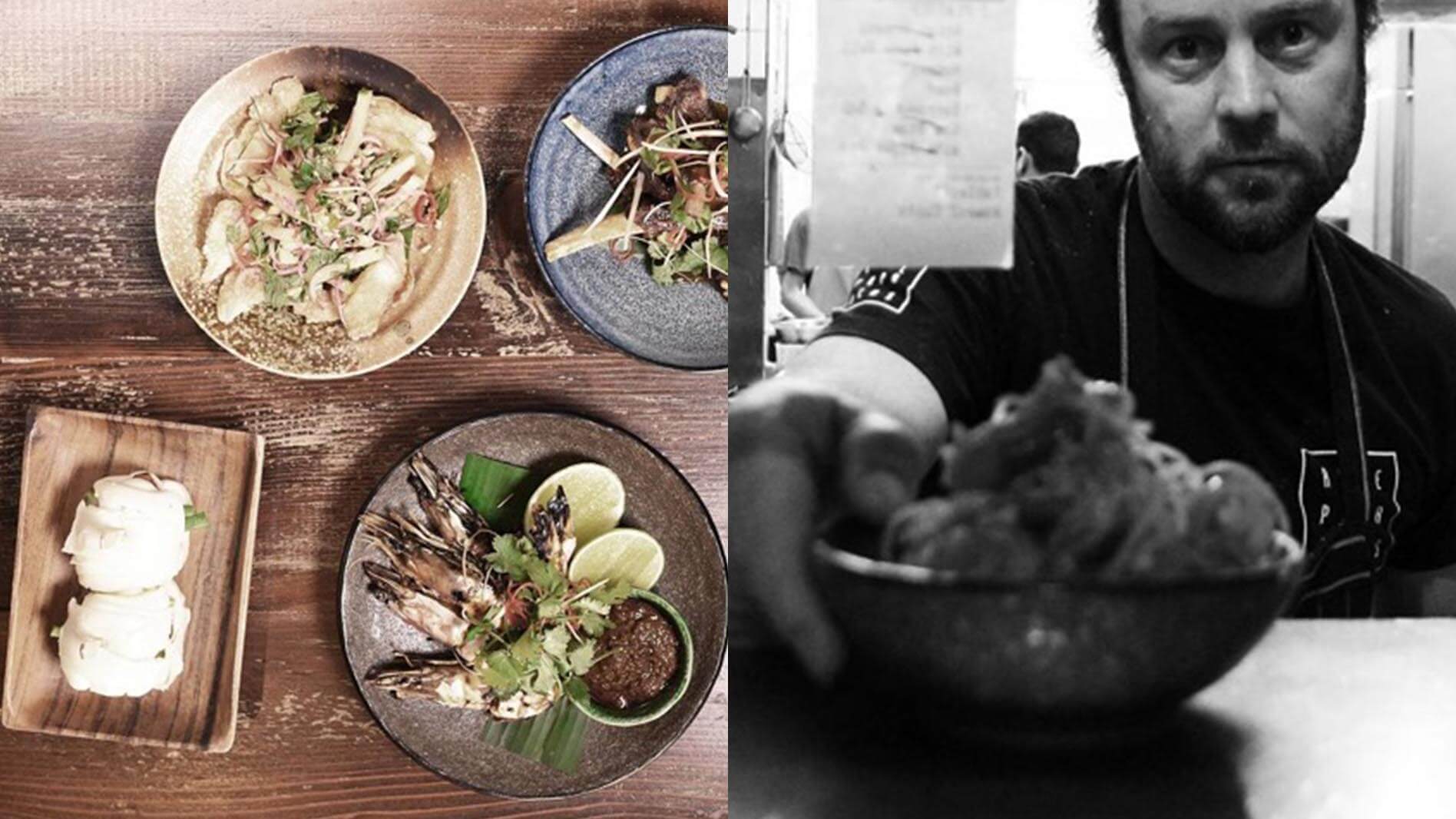Be inspired with recipes created by chefs.
Sign up for updates about products, special offers, news and promotional materials from Goodman Fielder.

Summary
A knife is a chef’s best friend; that’s why ensuring it meets your every need, want and desire is important. You can never settle for second best!
A chef’s life in the kitchen revolves around the tools of the trade – with the most important being knives. While chef kitchen knives are meant to last a number of years, many chefs gain a thrill of excitement when they venture out to make their next purchase. So, to make your next knife purchase exceed your expectations, we sat down with knife experts, who have revealed what you need to consider before making the investment.
Scroll down for videos
Questions to ask before buying your next knife:
Knifemaker and founder of Tansu Knives, Mert Tansu explained to Goodman Fielder Food Service that when you are looking for a new knife, “you need to look at your own needs first.” He explained you should answer the below questions before committing to the purchase:
- What environments do I work in?
- What kind of cuisine am I in?
- Do I have big or small hands?
- Do I prefer a closer grip or a pinch grip?
While answering the questions, Mert went further into detail explaining that you need to also consider the area in which you work. “If you have a lot of board space, you can get away with a larger knife, but if you have a smaller board space, then you are going to need a smaller knife to be able to be more comfortable,” he said.
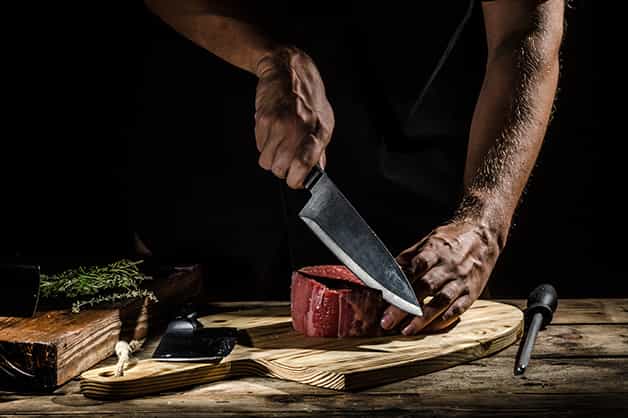
A good knife should have:
1. A decent sized, non-slip grip handle;
Knifemaker from Tharwa Valley Forge, Leila Haddad explained to Goodman Fielder Food Service, “handles really depend on your own preference. Some chefs like wood, some like bone and others like synthetic. It is really just what you want and what you feel comfortable in.”
2. Good balance;
A well-balanced knife, with a curve on the blade, allows it to roll all the way to the tip when cutting. According to Aidan Mackinnen, Bladesmith and Founder of Cutthroat Knives, “the balance of the knife should be right at the pinch point. This is important because it means you’re not losing any power to the heel of the blade or the tip when you are doing heavy cuts.”
3. Comfort;
This comes down to preference and whether you’re right or left-handed. Aidan explained, “a chef’s knife needs to be about how it feels when being handled and how it feels when you are doing the pinch grip.” He urged chefs to “think about how you’re going to be using it in the kitchen environment on a day-to-day basis.”
4. A full tang;
The tang is the metal that extends from the blade into the handle and provides a stronger connection between the handle and blade, contributing to better balance and an easier cut. Mert from Tansu Knives explained: “I would recommend carbon knives, as they have a nicer edge. If you are working in an environment that has a lot of humidity, I would recommend stainless knives.”
How to look after your knives:
- Always use a chopping board that’s softer than the knife blade.
- Sharpen your knives from time to time to keep their cutting edge fine. Stone sharpening is the best method, but you can also use honing steels or pull-through sharpeners.
- Keep your knives stored in a knife block or in a leather knife bag to protect the blade from being knocked and chipped.
- Hand-wash your knives, even if they are ‘dishwasher-safe’.
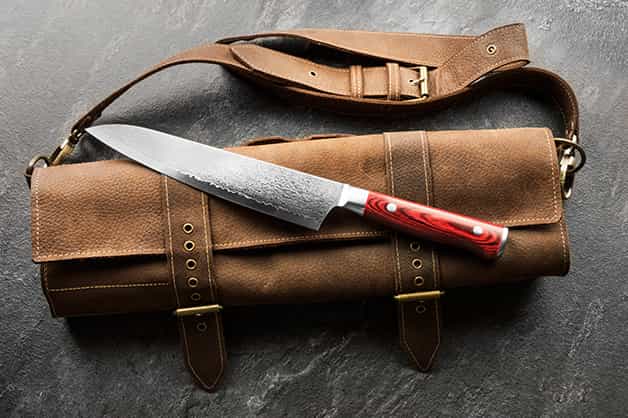
Conclusion:
Buying a new knife is exciting, as it provides you with a new tool to experiment with, but knife experts insist they aren’t items that need to be replaced too often. “Knives are about enhancing your cooking experience…and you should replace your knives as little as possible,” Aidan from Cutthroat Knives said. “A good knife should last for the rest of your life.”
Mert from Tansu Knives added: “A knife is a chef’s most essential tool – you are going to use it every day. It is going to make your work better and make your food taste better, so it is a big investment.” The knife expert concluded: “You don’t need 20 knives… you really just need three depending on your kitchen and your needs. Yes, you need to pay a lot of money, but you can get 10 years worth of use out of it. But remember, the most expensive knife is not always the best knife for the person.”
Related Ideas
4th April 2023
Women in hospitality: How Claire Van Vuuren and Lisa Margan became successful chefs and businesswomen
To celebrate women in hospitality, successful chefs and businesswomen Claire Van Vuuren and Lisa Margan share their stories on reaching the top.
25th March 2023
A Chef’s Guide to Gluten Free Baking
Want to know how to turn your bakery goods into a gluten free delight? Check out our gluten free baking guide now.
25th March 2023
The Importance of Mentorships in Hospitality
The hospitality industry is changing at a pace we have never seen before. To make these challenging times slightly easier, a greater emphasis needs to be placed on mentoring and training the younger generation of chefs to ensure the future of hospitality is stronger than ever before.
